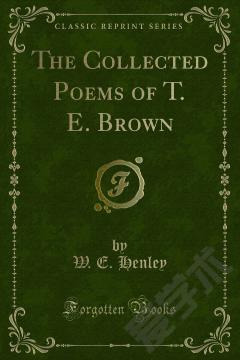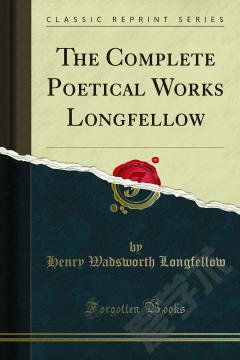The Complete Poetical Works of Mrs. Browning
Edward, the one nearest to herself in age, was drowned while boating, almost within sight of her window, and it seemed, for a time, as though she could not long survive him. But her brave spirit rose, in the end, above even this cruel bereavement; and though closely confined to her chamber after her sad return to London, and often for many days together to her bed, her mind seemed more active and lucid than ever and more productive. She became a frequent contributor to Blackwood's Magazine and the Atheneum newspaper, as well as to various periodicals which no longer exist: and living in the great centre of English thought, even with all the disadvantages of her fragile health, she ended by making the personal acquaintance of certain men and women of light and leading: of Miss Mitford and Mrs. Jameson; of the poet Wordsworth, who was then Laureate; of Richard Horne and Henry Chorley, and her own accomplished and even generous relative John Kenyon; and finally, of the great poet and valiant knight, who was to rescue his delicate princess from her long captivity, and add his already famous name to her own. In 1844 appeared the two volumes of Poems which have formed the basis of all the later editions of Mrs. Browning's miscellaneous works. They were dedicated, in an eloquent preface, to her father, who had been, as she said, both public and critic to her immature attempts; and beginning with the Drama of Exile,' they included, beside most of the pieces which had appeared in the small volume of 1838, several more of those by which she will be best and longest remembered, such as 'the Dead Pan,' 'the Vision of Poets,' Cowper's Grave,' and that wildly romantic ballad of contem porary manners, Lady Geraldine's Courtship,' which brought Robert Browning to her feet. It was John Kenyon, a kinsman, as has been said, of the Barrett family, and also the son of a schoolmate of Robert Browning's father, who encouraged the brilliant young author of Paracelsus,' Sordello,' Pippa Passes,' the Cavalier Lyrics,' and A Blot in the 'scutcheon,' to write to the invalid lady (six years his senior), and tell her how much be bad admired 'lady Geraldine's Courtship,' and other pieces in the Poems of 1844. Nothing could have been more unworldly and unconventional than the opening, upon either side, of this famous correspondence which, after having been kept in a small cabinet by itself for fifty years, and treasured as a most precious and sacred family posses sion, was given to the world in 1899. I love your verses with all my heart, dear Miss Barrett,' wrote Robert Browning in his first letter, 'the fresh, strange music, the affluent language, the exquisite pathos, and true, new, brave thought; but in thus ad dressing myself to you, your own self and for the first time, my feeling rises altogether. I do, as I say, love these books with all my heart, and I love you too.'
{{comment.content}}








 京公网安备 11010802027623号
京公网安备 11010802027623号